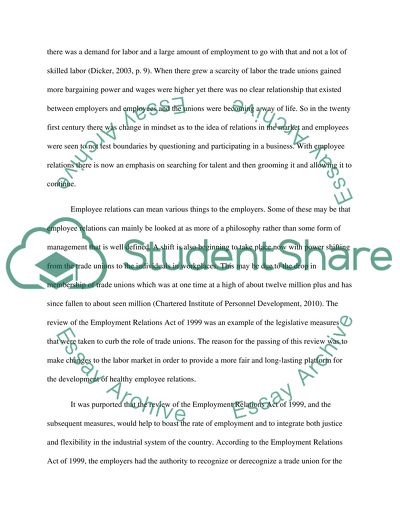Cite this document
(“UK employee relations Essay Example | Topics and Well Written Essays - 1750 words”, n.d.)
Retrieved from https://studentshare.org/human-resources/1404654-uk-employee-relations
Retrieved from https://studentshare.org/human-resources/1404654-uk-employee-relations
(UK Employee Relations Essay Example | Topics and Well Written Essays - 1750 Words)
https://studentshare.org/human-resources/1404654-uk-employee-relations.
https://studentshare.org/human-resources/1404654-uk-employee-relations.
“UK Employee Relations Essay Example | Topics and Well Written Essays - 1750 Words”, n.d. https://studentshare.org/human-resources/1404654-uk-employee-relations.


